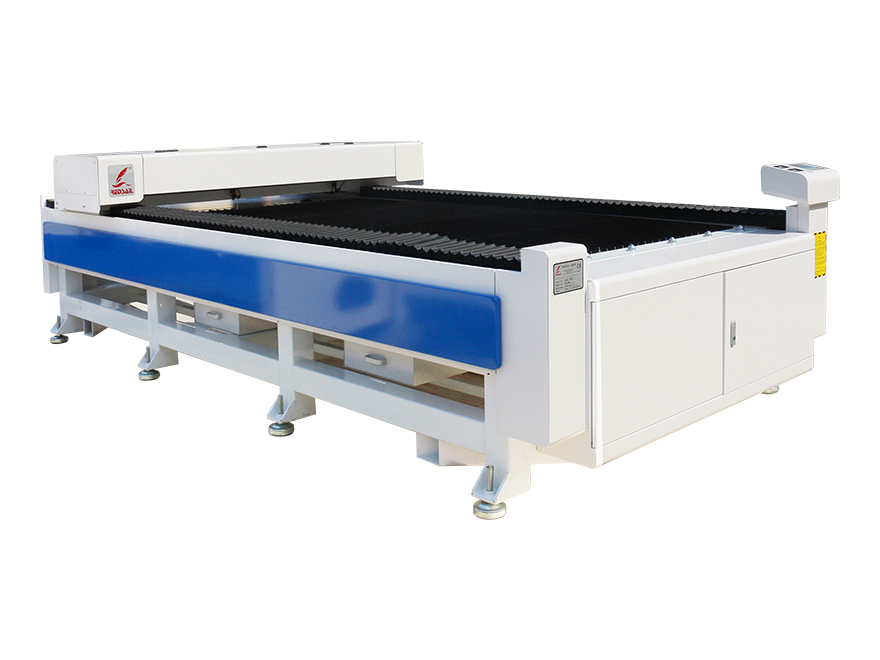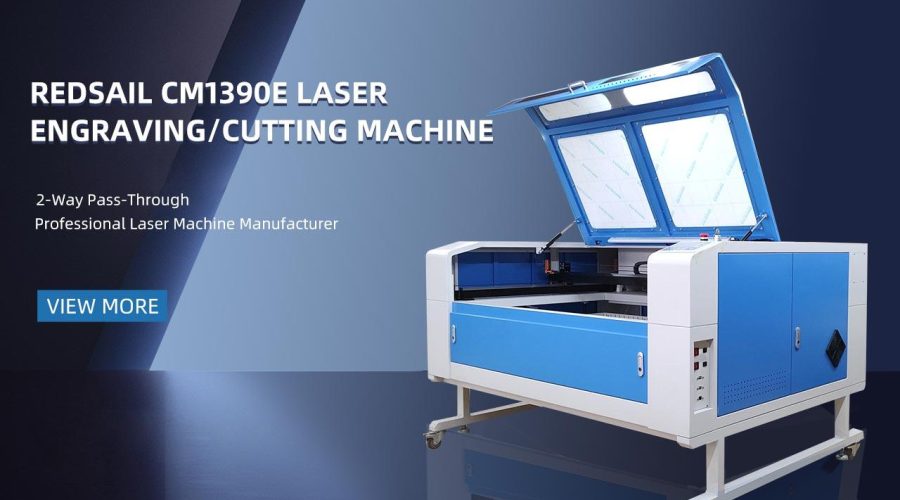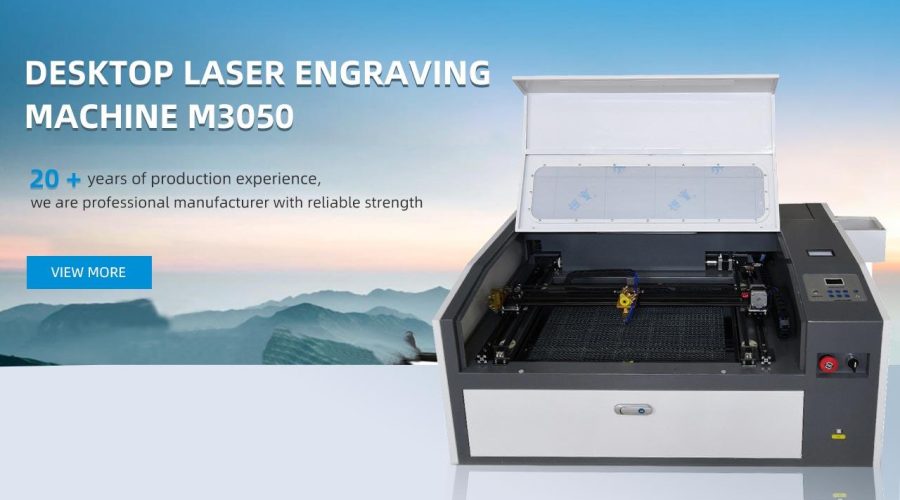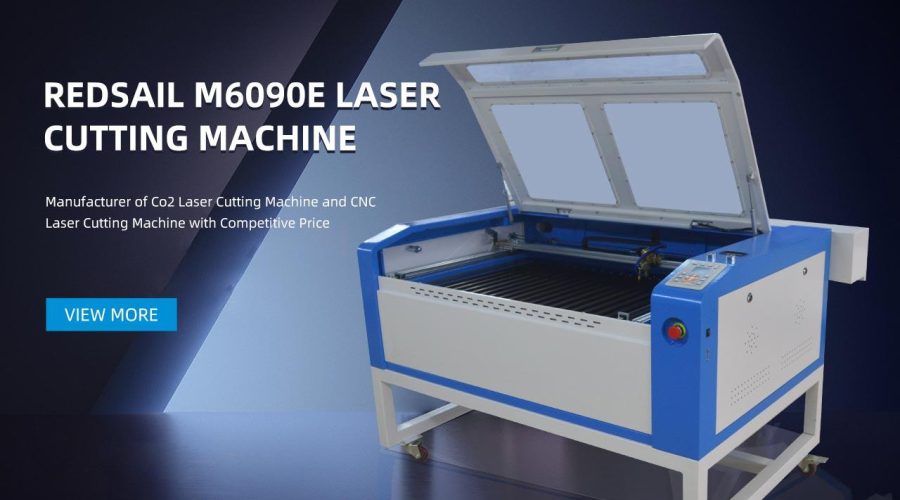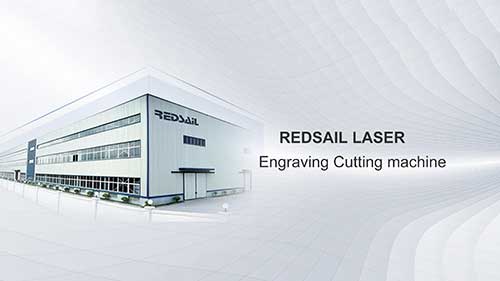Are Laser Cutting Machines for Wood in South Africa the Future of Precision Woodworking?
Introduction
Woodworking has come a long way, evolving from traditional hand tools to more advanced machinery. One such advancement is the use of laser cutting machines for wood. In South Africa, this technology is gaining popularity and is seen by many as the future of precision woodworking. This article explores the reasons behind the growing trend and how laser cutting machines are transforming the woodworking industry.
Advantages of Laser Cutting Machines for Woodworking
Laser cutting machines offer several advantages over traditional woodworking methods:
- Precision: Laser cutting machines provide unparalleled precision, allowing for intricate designs and complex shapes. They can cut wood with remarkable accuracy, resulting in a superior quality finish.
- Efficiency: Laser cutting machines are faster and more efficient than manual cutting methods. They can handle large volumes of work with minimal waste, saving time and resources.
- Versatility: Laser cutting machines can cut various types of wood, from softwoods to hardwoods. They can also engrave designs and create intricate patterns, offering endless possibilities in woodworking.
- Automation: Laser cutting machines can be automated, reducing the need for manual labor. This automation leads to increased productivity and cost savings.
- Reduced risk of damage: Laser cutting machines produce clean and precise cuts, eliminating the risk of splintering or damaging the wood. This is particularly important when working with delicate or valuable pieces of wood.
The Future of Precision Woodworking in South Africa
In South Africa, laser cutting machines for wood are starting to revolutionize the woodworking industry:
- Increased demand: As South Africa embraces modern technology, the demand for precision woodworking is growing. Consumers are demanding intricately designed furniture and unique wooden pieces, which can be efficiently produced with laser cutting machines.
- Competitive advantage: Woodworking businesses that invest in laser cutting machines gain a competitive edge. They are able to produce high-quality products with greater efficiency, meeting the demands of the market and gaining a strong foothold in the industry.
- Enhanced creativity: Laser cutting machines allow for more complex and creative designs. Woodworkers are now able to experiment with intricate patterns and unique shapes, pushing the boundaries of traditional woodworking.
- Reduced costs: While laser cutting machines may require an initial investment, they can lead to significant cost savings in the long run. The efficiency and precision of these machines result in less waste, lower labor costs, and improved productivity.
- Expanding markets: Laser-cut wooden products have gained popularity both locally and internationally. South African woodworkers using laser cutting machines have the opportunity to tap into new markets and export their unique creations.
FAQs
Q: Are laser cutting machines suitable for all types of wood?
A: Laser cutting machines can work with various types of wood, including softwoods, hardwoods, and veneered sheets. However, certain factors like the thickness and density of the wood may affect the cutting speed and quality of the finished product.
Q: Is laser cutting safe for delicate or valuable wood pieces?
A: Laser cutting machines are designed to minimize the risk of damage. The laser beam produces a clean and precise cut, reducing the chances of splintering or burning delicate or valuable wood pieces. However, it is always recommended to test the settings on a scrap piece of wood before working on valuable or irreplaceable materials.
Q: How do laser cutting machines compare to traditional woodworking methods in terms of cost?
A: While laser cutting machines require an initial investment, they can lead to long-term cost savings. The efficiency and precision of laser cutting machines result in less waste, lower labor costs, and improved productivity, ultimately reducing overall costs in the woodworking process.
Q: Do laser cutting machines require skilled operators?
A: Operating a laser cutting machine requires some level of training and expertise. Skilled operators are needed to set up the machine, adjust the settings, and ensure proper safety measures. However, with proper training, operators can quickly learn to use laser cutting machines effectively.
Q: Can laser cutting machines be used for other materials besides wood?
A: Yes, laser cutting machines are versatile and can be used to cut and engrave various materials, including acrylic, plastic, leather, fabric, and even metal. This versatility makes laser cutting machines a valuable asset in many industries beyond woodworking.
Conclusion
Laser cutting machines for wood are undoubtedly the future of precision woodworking in South Africa. With their unmatched precision, efficiency, versatility, and potential cost savings, they offer woodworkers a competitive edge in a rapidly evolving industry. As the demand for intricately designed furniture and unique wooden pieces continues to rise, laser cutting machines provide the means to meet these demands while pushing the boundaries of creativity in woodworking.

